The Multilateral Trading System, which the WTO administers, represents a balance of concessions which, if implemented in letter and spirit, could bring about orderliness, transparency and predictability in global trade. The principle of most-favoured nation treatment of all Member countries by each country, more free trade through reduction of tariffs and progressive removal of Non-Tariff barriers, elimination of trade distorting measures, including subsidies, systems of rules to serve as guidelines for national legislation to bring about uniformity in laws and regulations everywhere and simplification of border measures are some of the gains of the system. A very substantial issue for developing countries is the cost of implementing an enforcement system for IPRs. Despite the fact that most WTO Members have now adopted legislation implementing the minimum standards required by the WTO, levels of piracy and counterfeiting continue to increase every year. This is a concern not only because of the financial losses to the IPR holders but also because pirated and counterfeit goods can have a serious impact of health and consumer protection. A significant factor in developing countries’ failing to enforce IPRs is the lack of capacity to do so. The costs of establishing a fully functioning system from the ground up can be very high, specially for poor countries with limited resources.
WTO and Indian Economic Reforms
In stock
Free & Quick Delivery Worldwide
reviews
Bibliographic information
Title
WTO and Indian Economic Reforms
Author
Edition
1st ed.
Publisher
Serials Publications, 2008
ISBN
8183871495
Subjects

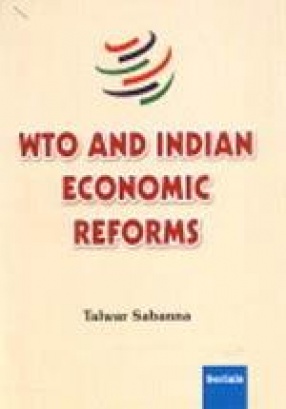
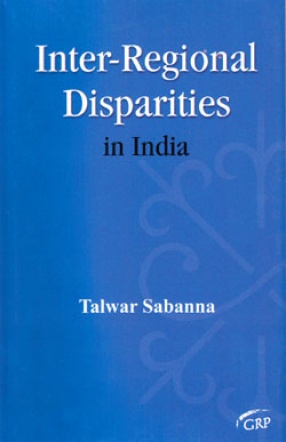
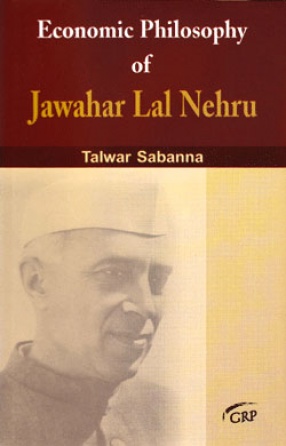
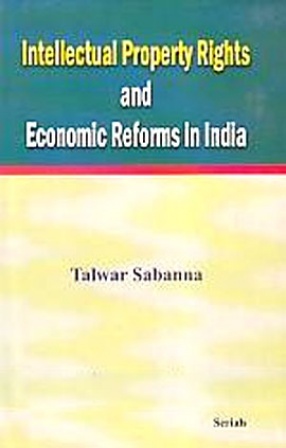
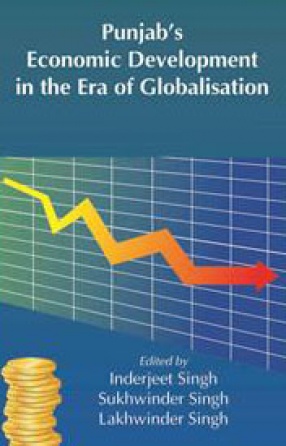
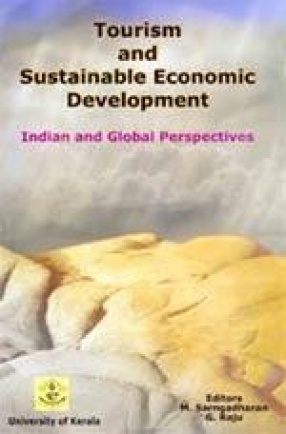
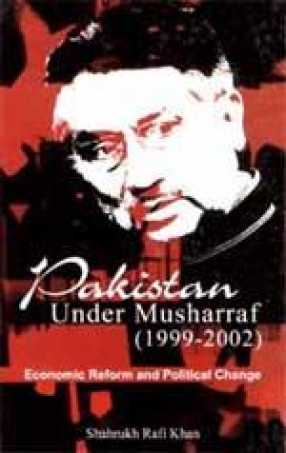
There are no reviews yet.